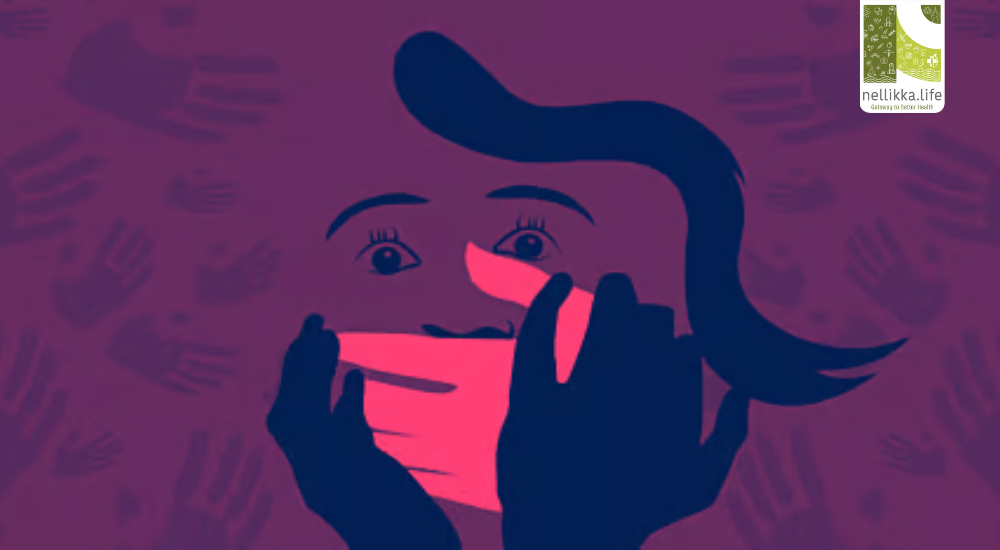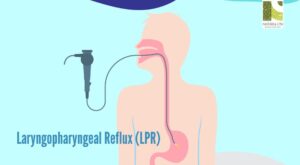Marital Rape: The Silent Injustice and Its Deep Impacts

Marital rape — the act of sexual intercourse with one’s spouse without consent — remains one of the most under-reported and misunderstood forms of sexual violence. Despite growing awareness and calls for reform, many societies, including parts of India, still do not legally recognize marital rape as a crime. This oversight not only silences survivors but also perpetuates deep psychological trauma and reinforces dangerous social norms.
This blog explores the sociological and psychological impacts of marital rape and why it’s crucial to treat it with the seriousness it deserves.
What is Marital Rape?
Marital rape, also called spousal rape, occurs when one partner forces the other into sexual activity without their willing consent, even within the institution of marriage. It is based on the misconception that marriage implies perpetual sexual consent — an idea rooted in outdated patriarchal norms.
The Sociological Impact
1. Reinforcement of Patriarchy
Historically, marital rape has been ignored because of patriarchal beliefs that view women as the property or obligation of their husbands. When the law or society refuses to recognize marital rape, it reinforces the idea that women have no bodily autonomy once they are married.
2. Social Isolation and Stigma
Victims of marital rape often suffer in silence due to fear of social ostracization, family rejection, or being labeled as disloyal. In cultures where divorce or separation is taboo, women are expected to “endure” abuse for the sake of family honor or children.
3. Legal Blind Spots
In India, Section 375 of the Indian Penal Code exempts husbands from rape charges unless the wife is under 18. This legal exception leaves married women vulnerable, preventing them from accessing justice and enabling continued abuse.
4. Intergenerational Trauma
Children who grow up in households where coercion and abuse are normalized may internalize these dynamics, increasing the likelihood of perpetuating or tolerating abuse in their own relationships.
The Psychological Impact
1. Post-Traumatic Stress Disorder (PTSD)
Many survivors of marital rape exhibit classic PTSD symptoms, including flashbacks, nightmares, emotional numbness, and heightened anxiety. The trauma is intensified by the betrayal of trust from someone they loved or trusted.
2. Depression and Suicidal Thoughts
Feelings of helplessness, entrapment, and lack of support can lead to clinical depression. Studies have shown that survivors of marital rape are at higher risk for suicidal ideation due to a sense of hopelessness.
3. Sexual Dysfunction and Shame
Survivors often report difficulties in future intimate relationships, fear of sex, and guilt. Because society doesn’t always validate their experience, they may also internalize shame, believing the abuse was somehow their fault.
4. Low Self-Worth
Living under repeated sexual coercion from a spouse can destroy a person’s sense of worth and identity. Many survivors lose confidence in themselves and struggle with long-term emotional scars.
Why Consent Matters — Even in Marriage
Consent is not a one-time contract; it must be freely given, informed, enthusiastic, and reversible. The assumption that marriage implies automatic sexual access disregards an individual’s autonomy and emotional well-being.
The Way Forward
1. Legal Reform
India and other countries where marital rape is not criminalized must urgently reform their laws. A legal framework that criminalizes marital rape is foundational for justice and empowerment.
2. Education and Awareness
Comprehensive sex education and gender sensitization can change attitudes about consent and relationships. Public campaigns should make it clear: rape is rape — regardless of marital status.
3. Support Systems
More accessible mental health support, crisis centers, and survivor networks must be created. Healthcare providers and law enforcement need training to handle such cases with sensitivity.
4. Empowering Women
Empowerment through economic independence, education, and social support can help survivors reclaim control over their lives and seek justice without fear.
Marital rape is not just a legal issue — it is a human rights violation with far-reaching sociological and psychological consequences. It erodes trust, perpetuates violence, and leaves deep scars on the minds and bodies of survivors. For a society that claims to uphold the dignity of women, ignoring marital rape is a moral and legal failure.
At nellikka.life, we believe that awareness, compassion, and systemic change are essential to healing and justice. It’s time to break the silence, support survivors, and demand accountability.





